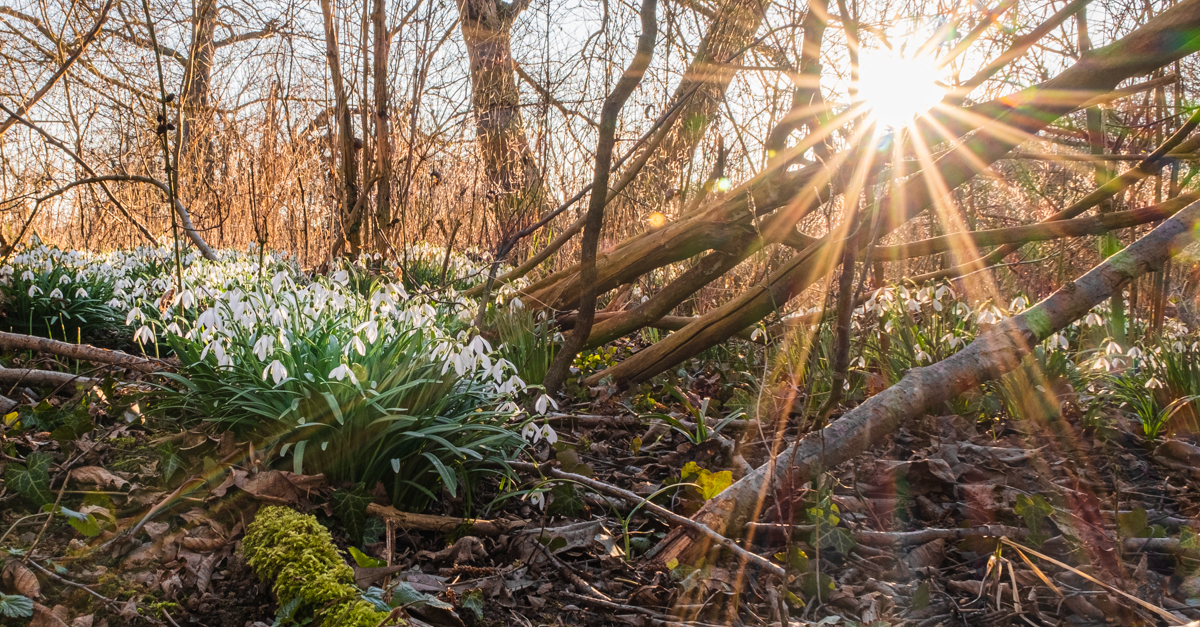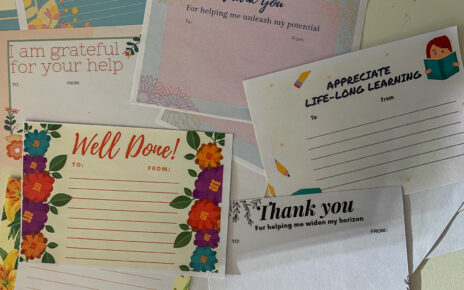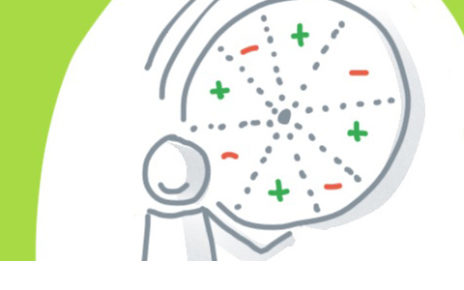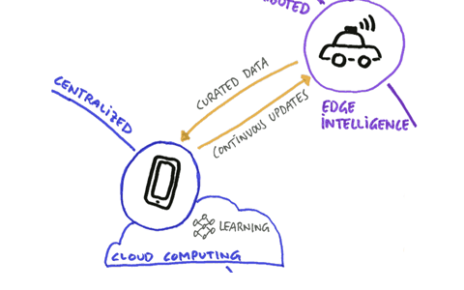I’m not new to mindfulness. I was a participant in one of the first “Search Inside Yourself” 2-day courses at SAP some years ago. I’ve participated in sessions and activities offered by colleagues and my team since then. However, I admit that I never really integrated mindfulness practices or meditation into my life at home.
When I started the sabbatical, I asked some colleagues heavily involved in the Search Inside Yourself program at SAP to recommend me retreats and resources to explore during my leave. Thank you, Karola, Tanja, Andreas, Axel, and Torsten for your recommendations! First, I was curious to experience Zen meditation.
I started with a 3-day Zen meditation course at the Benediktushof in January. My main intention was to gain clarity and to learn how to sense the now. Zen is the presence and practising being present. Due to the pandemic situation, the course took place virtually. Hence, I missed the opportunity to enjoy the atmosphere at the former Benedictine monastery.
I like Zen meditation because it is counter-intuitive as you practice not knowing and beautifully simple as you focus just on your breathing. It’s exactly the right offering for somebody who tends to over-think and to imagine the future. Reading about Zen meditation doesn’t help. You just have to do it and experience it. As our Zen master Alexander Poraj told us with a metaphor:
“The essence of Zen is to eat and not to read recipe books.”
Alexander Poraj (translated from German)
One insight that I got during the course is that it’s less important to work on what I wish (e.g. more focus), but more essential to change the system that leads to the contrary (e.g. the system of distraction). A second insight is that the more I’m busy with the future, the more I depreciate the present. We always worry about setting and (over-)achieving our goals, crafting visions and business plans. The future has to be better than the present. We continuously construct a picture of the present that makes us feel not good enough, having not enough or doing not enough.
Zen is an attitude and posture. Hence, Alexander recommended to start with 15 minutes in the morning and to extend it to 25 minutes of Zen meditation in a quiet place. What I’m now practising since January.
You can do Zen meditation in dozens of ways. Each Zen line has developed its own way of practising. I wanted to explore more and get exposed to other Zen practices. Hence, I’ve participated in a second Zen meditation course offered by the Dai Shin Zen Kloster in Buchenberg in February.
I’ve watched the videos from Zen master Hinnerk Polenski for more than one year and hoped to get the opportunity to visit his monastery during my sabbatical. Unfortunately, this has not been possible so far. Lucky me, the Dai Shin Zen monastery has developed an online course offering.
I liked their introduction course a lot because it was interactive and facilitated by three teachers at different levels. As a participant of their free 4-hour class, you experience Zazen sitting meditations, Sarei tea ceremony, an introduction to Zen, and a reflection on how to integrate Zen into daily life with questions and answers. The Dai Shin Zen monastery in Buchenberg also offers daily online meditations.
The last part of the meditation introduction trilogy has been a retreat run by Plum Village. My wife made me a book present one year ago: “I wake up and smile” from Thich Nhat Hanh. The book contains 52 Gathas (verses) to integrate meditation in daily life for all kind of situations. The retreat “Action from the Heart” was the invitation from Thay’s community to activists worldwide to practice, i.e. meditation.
The nuns and monks have prepared a 5-day program and more than 600 activists from across the globe participated. I’ve appreciated the opportunity to practice new ways of meditating like, e.g. walking, or chanting meditation. Additionally, I’m thankful for the insightful dharma talks. I would like to share just one quote that touched me during each dharma talk:
“We need to cook the potato of anger, so it becomes something to eat.”
Brother “Ben” Phap Lai in “Going against the stream”
*****
“When you are irritated and angry, do not speak.”
Sister Chan Khong in “Laying down the sword”
*****
“Action before the action: create space for change in yourself.”
Larry Ward in “The power of collective action”
*****
“Remove the idea of self. You and the others are not separate. Look at the angry person and say, ‘Hello Me.'”
Sister “Annabel” Chan Duc in “Cutting through the illusion”
I also enjoyed the panel on climate activists’ practice with Christiana Figueres, Gail Bradbrook and Brother Phap Linh. I loved the metaphor of connecting loose threads to weave them into a tapestry, as an image of how communication across divergent opinion groups can happen, as Christiana has achieved during the UN Climate Summits.
What I missed were the opportunities to interact with other participants. Deep listening felt exhausting in a group of 20. This is certainly due to my beginner’s mindset. Thanks to Tashy Endres and Sister “Harmony” for the workshop “Sustainable and transformative community organizing” that applied the mindful inquiry method.
Thank you to Plum Village for this unique experience, my first retreat experience, especially for the rich program that has allowed me to develop my meditation practice. This was my main intention. The good news is that all the resources and recordings are now available on the platform maintained by the community.
Now, it’s time for a time off. I decided to be off during the half-time of my sabbatical, i.e. I’ll shut down my online activities for the next four weeks and re-emerge at the end of April.
Stay safe and healthy!
Image source: Snowdrops in the evening sun near my home town.




